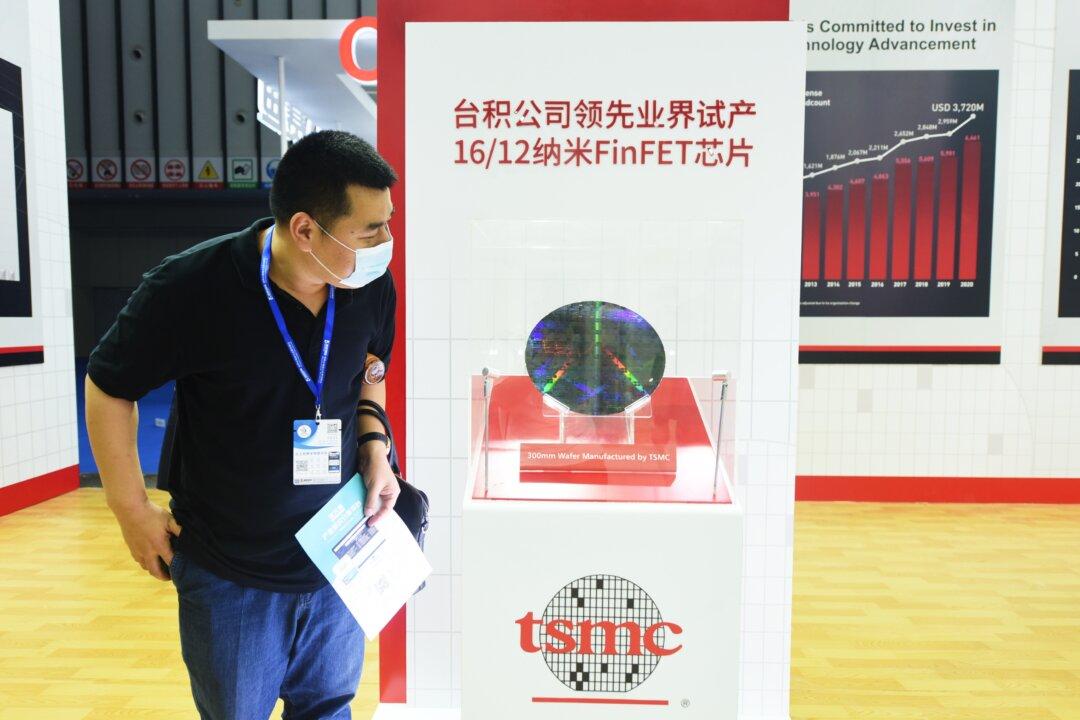News Analysis
Taiwan is breaking the mold again by taking on China’s talent spies. These spies steal sensitive technologies by lurking around foreign companies and universities to hire their employees, suck them dry, and dump them.

Taiwan is breaking the mold again by taking on China’s talent spies. These spies steal sensitive technologies by lurking around foreign companies and universities to hire their employees, suck them dry, and dump them.